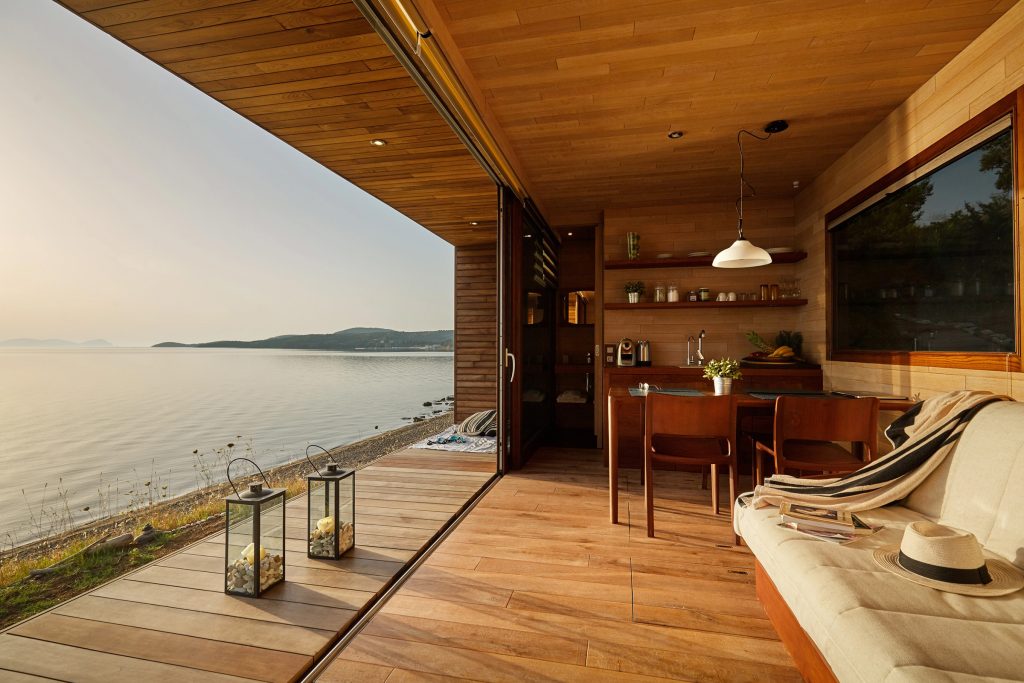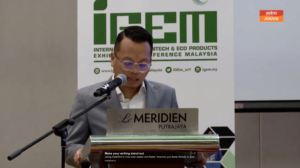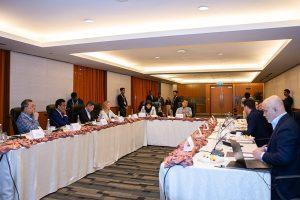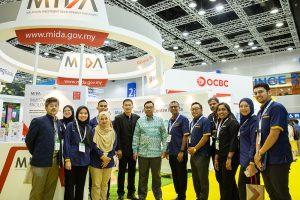
MORE travellers are becoming environmentally conscious, especially among the younger generations such as Gen Z and Millennials.
According to Airbnb South-East Asia, India, Hong Kong and Taiwan GM Amanpreet Bajaj, these demands will change the way businesses operate and they will understand its importance.
“We’ve already seen that consumers today, especially Millennials and Gen Z, are not driving consumption, as well as travel going forward.
They are always wanting to connect with companies and brands that have purpose and that believe in these responsible choices. So, it’s going to be very important for businesses to kind of incorporate this to even survive in the long term,” he said during a panel discussion entitled “From Ecotourism to the Everyday: Evolving trends in Malaysia’s green tourism landscape” yesterday.
As the younger generation grows older, they will understand the value and importance of sustainability.
Airbnb further said that it has also observed an increase in responsible travel among its Malaysian consumers.
“In an economic impact study that we commissioned last year, we found that the vast majority of people want to travel in ways that positively benefit local communities.
“Ninety-three percent of Malaysians all agreed that sustainable tourism is important for them, 84% of them said that the pandemic has changed how they think about sustainable travel and close to 76% of the respondents also said that they’re willing to adopt sustainable habits the next time that they travel and set up an agency,” Bajaj explained.
From these statistics, he noted it is clear that conscious travel and ecotourism are gaining momentum among Malaysians and Airbnb wants to help empower local communities, as well as position Malaysia as the leading green travel destination.
However, this will not work alone without the help from everyone. This is why Bajaj stressed the importance of a public-private partnership in mitigating the effects of climate change and raising awareness of sustainable tourism.
“And what you see is that every time we work with the government, I think they’ve always been very welcoming. They want to understand, how tourism affects communities, not just in the tourism sectors, but you know, in underserved areas, how can I create more economic empowerment, economic impact, and help the local economies to kind of debate.”
The Malaysian Green Technology and Climate Change Corp (MGTC) group CEO Ts Shamsul Bahar Mohd Nor believes that there should be more private-public partnerships on this issue.
“So, we very much welcome those interested to cooperate, even though perhaps you might be grabbing it within your own space for your community, but we would like to reach out to them.
“And the only way that we could actually mitigate climate change is to do it collectively together,” he said.
Airbnb has signed a memorandum of understanding with MGTC to drive Malaysia’s green growth agenda through a series of initiatives which is also in line with the country’s aim of achieving net zero carbon by 2050.
The collaboration will enable these two parties to educate Malaysia’s Airbnb hosts on how to incorporate sustainable practices into their day-to-day operations and offerings, as well as empowering its citizens to reduce their carbon footprint and adapt to more sustainable travel habits.
They will be holding workshops on sustainable accommodation and also creating an energy conservation guide for Malaysian Airbnb listings.
Airbnb will also partner with MGTC’s flagship event International Greentech & Eco Products Exhibition & Conference Malaysia (IGEM) which is one of South-East Asia’s largest trade events for green technologies and eco solutions.
Shamsul Bahar said one of the ways to educate people and reduce the effects of environmental damage is not through penalising wrongdoers but slowly changing their mindset and bad habits.
“The public has to actually be aware of what sort of effect it might take if they were to pollute you with the waste so in the sense that it is easy to penalise it is easy.
“But we need to actually encourage and put all these ideas in the minds of the next generation to move into a green lifestyle,” he said.
Source : The Malaysian Reserve




